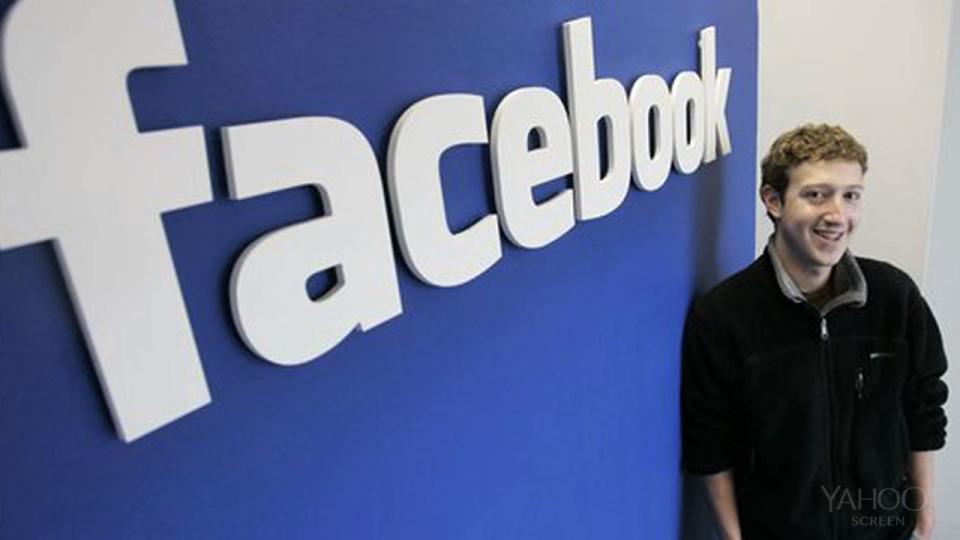Facebook at 10: At a social media crossroads

It’s easy to Like the fact that Facebook turns 10 today.
Investors like its global audience of 1.23 billion monthly active users, its fast-growing revenue – US$2.59 billion last quarter, up 55 per cent over the year-ago period – and its ability to crack the holy grail of selling ads on mobile devices. While it’s impossible to predict what comes next for Mark Zuckerberg’s creation, even its detractors agree it’s become the one to beat in a rapidly burgeoning social media market.
Facebook’s success extends beyond itself. It’s managed to turn the once-exclusively-global Internet into a highly personalized, localized experience. It legitimized the very concept of social media long before the space had achieved critical mass. MySpace may have beaten Facebook to the punch – it hit the web seven months before Zuckerberg launched thefacebook.com from his Harvard dorm room – but it failed to adapt to changing consumer tastes and ultimately faded from view as consumers migrated toward Facebook’s more adaptive, integrated user experience.
Some key milestones along the way include:
Adds photos
With the October 2005 addition of unlimited photo uploads, the service transformed from a relatively lightweight profile-lookup and messaging platform to a powerhouse socially-enabled photo sharing service. As of September 2013, 250 billion photos had been uploaded, and 350 million more were being added every day.
News Feed goes live
Facebook’s interactive era began Sept. 6, 2006, when it launched its News Feed feature, which built a curated list of customized notifications and fed them to users throughout the day. If you’re looking for the moment when Facebook became uniquely addictive, this is it.
Opens up to the masses
In the beginning, only students at accredited colleges, universities and high schools could join in. All that changed Sept. 26, 2006 – barely three weeks after the News Feed went live – when anyone could sign up. While some teenagers have since turned their attention to newer services like Snapchat and Tumblr – the cool factor loses its appeal once Mom and Dad sign up – the service continues to grow by double digits year-over-year.
Gets app-friendly
A year before Apple redefined smartphones by allowing developers to build apps for its iPhone, Facebook revolutionized social media on May 24, 2007 by inviting programmers to do the same on its online platform. Game-haters may see this as the day the scourge of Farmville invitations was launched, but investors saw dollar signs: Zynga became an early revenue powerhouse, and the basis for the company’s eventual push into advertising was established.
IPO debacle
Facebook’s disastrous May 18, 2012 initial public offering cast a pall over social media investments for over a year until successive quarters of positive growth and profitability restored investor confidence. Facebook continues to exceed analyst consensus as its stock comfortably cruises well above its strike price, and followers like Twitter have benefitted from Facebook’s hard-won lessons.
Facebook’s journey hasn’t only established its own position at the head of the social media pack. It has also affirmed social media as a viable business model, and opened the door for competing services – most notably Twitter – to both grow and attract investment and advertiser attention. It’s led social media’s transition from a frivolous place where breakfast photos are shared to a bona fide utility that underpins a growing chunk of online activity.
The process hasn’t been as smooth as Zuckerberg & Co. would have liked. Skirmishes over the company’s privacy policies have landed Facebook in hot water more than once – and famously raised the profile of Canada’s own Privacy Commissioner’s Office as it worked closely with the company on establishing Internet-era data stewardship best practices. Doubts over maintaining subscriber growth and retaining user interest are casting shadows over Facebook’s long-term prospects. Like Google before it, some observers wonder if its dominance of the market it created is stifling innovators before they, too, have a chance to grow beyond infancy.
But these are the expected challenges facing a maturing company that’s spent its first decade carving out a market that didn’t previously exist. Expect its second decade to offer up significantly more headwinds than the first.
Carmi Levy is a London, Ont.-based independent technology analyst and journalist. The opinions expressed are his own. carmilevy@yahoo.ca

 Yahoo Finance
Yahoo Finance 
